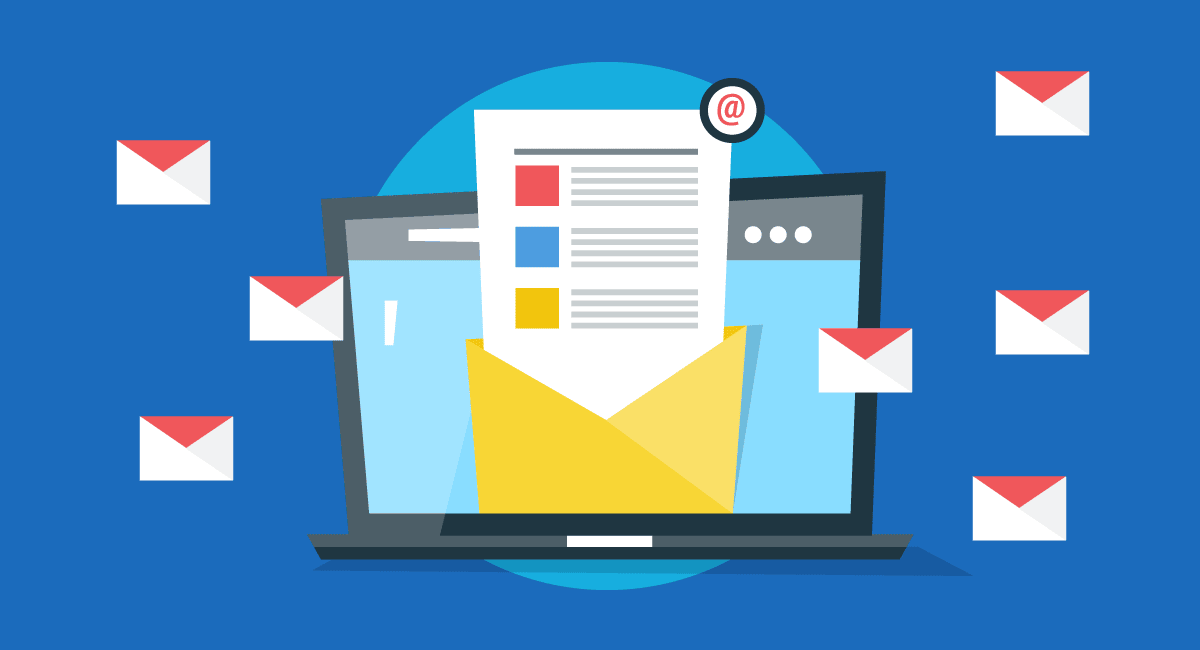

With the rise of social media marketing, email sometimes takes a backseat in marketing campaigns. If you’re on the fence about whether you even need to build an email list (or if you need to convince others to do so), here’s what you should know about email lists and why they’re still a crucial marketing strategy.
You start building an effective email list from the contact info of everyone your business connects with. This includes actual customers and any visitors to your website who are willing to leave their information. But that’s just the beginning.
Email lists can be a lot more than just existing contacts. With today’s easy access to big data, you can acquire email lists of contacts relevant to your business (both individual consumers and businesses) and refine the lists to fit your goals. A good email list, properly segmented, could be the missing link in your marketing campaign.
Email is more effective than social media: This doesn’t mean you should ditch your social media efforts. They’re also crucial, and when it comes to brand recognition and reputation, social media is king. But you are much more likely to get someone to click through from an email than from a Tweet.
That’s not the only way email is more effective. When you get to the heart of the matter — purchases — email has far better conversion rates than social media posts. They’re more likely to actually be read rather than buried at the bottom of a Twitter timeline.
It builds personal connections: Email offers you a way to tailor a message. In the digital age, people have come to appreciate personal connections more than ever before. When you reach out with a message that offers a tailored customer service experience, you build brand loyalty as well as spur sales.
Tweets and Facebook posts are valuable, but they are mostly general with a wide audience. Emails are specific. People read their emails in private, and they can respond one-on-one to you. Emails make customers feel valued in a way that social media can’t.
It’s easy to scale up and down: Based on how people respond to your email campaigns, it’s easy to change things up. With people who respond enthusiastically, you can pitch more products more often without worrying about running into character or word limits.
On the other hand, if responses are tepid, you can strategically back off and wait until you’re ready to offer a really spectacular deal. The person who didn’t respond two months ago to a flurry of emails might respond this month to just one carefully targeted offer. Email simply gives you more options and allows you to get creative in a way other outreach can’t.
Having a list isn’t enough in itself. To get the results you want, you have to segment your lists by demographics, preferences, or target goals. Targeted, segmented lists make it possible to craft highly effective emails that speak directly to the recipient. Segmenting also makes it less likely people will unsubscribe.
Ask for preferences: One way to segment your email lists is to simply reach out and ask for what subscribers want. Some will want to keep up on the latest trends; others will want to know about every new product; still, others don’t want to hear from you unless you have a very specific sale.
Segment by demographics: Divide your contacts by the demographics that are most meaningful to your goals. This could be age, geographic location, buying history, or even family status. When reaching out to businesses, you’ll want to segment based on location, how long they’ve been operational, and whether they’ve worked with you before.
If you are interested in even more business-related articles and information from us here at Bit Rebels, then we have a lot to choose from.
Warehouses are changing fast, pushed by rising demand, tighter safety standards, and the constant shuffle…
Cybersecurity is no longer a task for governments and large corporations in the connected world…
Fame is a powerful force that extends beyond a celebrity’s lifetime. Icons like Marilyn Monroe,…
In an era where sustainability, transparency, and corporate responsibility are paramount, businesses are under mounting…
In today’s fast-paced and competitive business environment, managing intellectual property (IP) is more crucial than…
Working in tight or confined spaces is one of the most common challenges in modern…